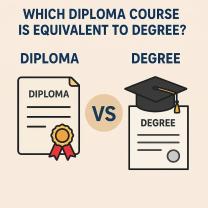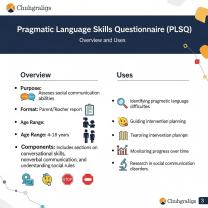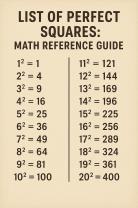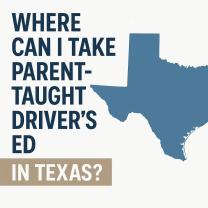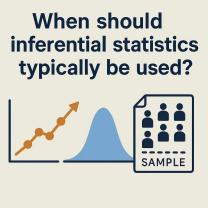What are ice breakers in the classroom?
Ice breakers in the classroom are activities or exercises designed to help students get to know one another, create a more comfortable and inclusive learning environment, and establish positive relationships among classmates and with the teacher. These activities are often used at the beginning of a course or class to break the "ice" or initial awkwardness, making it easier for students to engage in discussions, collaborate on projects, and feel more at ease in the classroom. Ice breakers can vary in format and objectives, but their common goal is to build a sense of community and reduce social barriers.
Here are some examples of classroom ice breakers:
Name Games: Students take turns introducing themselves and sharing something interesting about themselves. This can be as simple as stating their name and a hobby they enjoy.
Two Truths and a Lie: Each student shares two true statements and one false statement about themselves. The rest of the class must guess which statement is the lie.
Human Bingo: Students fill out a bingo card with descriptions of classmates they need to find, such as "Has traveled to another country" or "Has a pet." The goal is to complete a row or column by finding students who match the descriptions.
Memory Sharing: In this activity, students take turns sharing a memorable experience from their life. This can help build empathy and understanding among students.
Collaborative Art Project: Divide students into small groups and provide them with art supplies to create a collaborative piece of art. This promotes teamwork and creativity.
Question Round Robin: Students sit in a circle, and each person asks a question to the person next to them. This helps students get to know each other while practicing communication skills.
Personal Timeline: Each student creates a visual timeline of their life, highlighting significant events or milestones. They then share their timelines with the class.
Speed Networking: Students pair up and have a short conversation, after which they switch partners. This rapid networking activity allows students to interact with many of their peers.
One-Word Introduction: Students introduce themselves using only one word that describes them or their current mood. This can be a fun and creative way to break the ice.
Share a Photo: Ask students to bring in a photo from their life and share the story behind it. This can be a meaningful way for students to connect on a personal level.
The choice of ice breaker activity can depend on the age and preferences of the students, the learning goals of the course, and the classroom dynamics. The key is to create an environment where students feel comfortable sharing and interacting, fostering a positive and supportive learning community.
Ice Breakers in the Classroom: Enhancing Learning Environments
Icebreakers are brief activities designed to introduce students to one another and create a more relaxed and engaging learning environment. They can help students feel more comfortable participating in class discussions and activities, and they can also help to build relationships between students and teachers.
Engaging Icebreaker Activities for Students
There are many different types of icebreaker activities that can be used in the classroom. Some popular activities include:
Two Truths and a Lie: Each student writes down two true statements about themselves and one lie. Then, they take turns sharing their statements with the class, and the other students have to guess which statement is the lie.
Find Someone Who: This activity involves creating a list of questions or statements about students' interests, backgrounds, or experiences. Students then circulate around the room and try to find classmates who have something in common with them.
Human Bingo: Students create bingo cards with different squares that represent different interests or experiences. Then, they circulate around the room and try to find classmates who match the descriptions in the squares.
The Benefits of Using Icebreakers in Educational Settings
There are many benefits to using icebreakers in educational settings. Some of the benefits include:
Increased student engagement: Icebreakers can help students feel more comfortable and engaged in the learning process.
Improved communication and collaboration: Icebreakers can help students to build relationships with each other and improve their communication and collaboration skills.
Enhanced classroom climate: Icebreakers can help to create a more positive and welcoming classroom climate.
Reduced anxiety and stress: Icebreakers can help to reduce students' anxiety and stress, especially at the beginning of the school year or semester.
Increased student motivation: Icebreakers can help to increase student motivation and interest in learning.
Overall, icebreakers are a valuable tool that can be used to enhance the learning environment and improve student outcomes.








